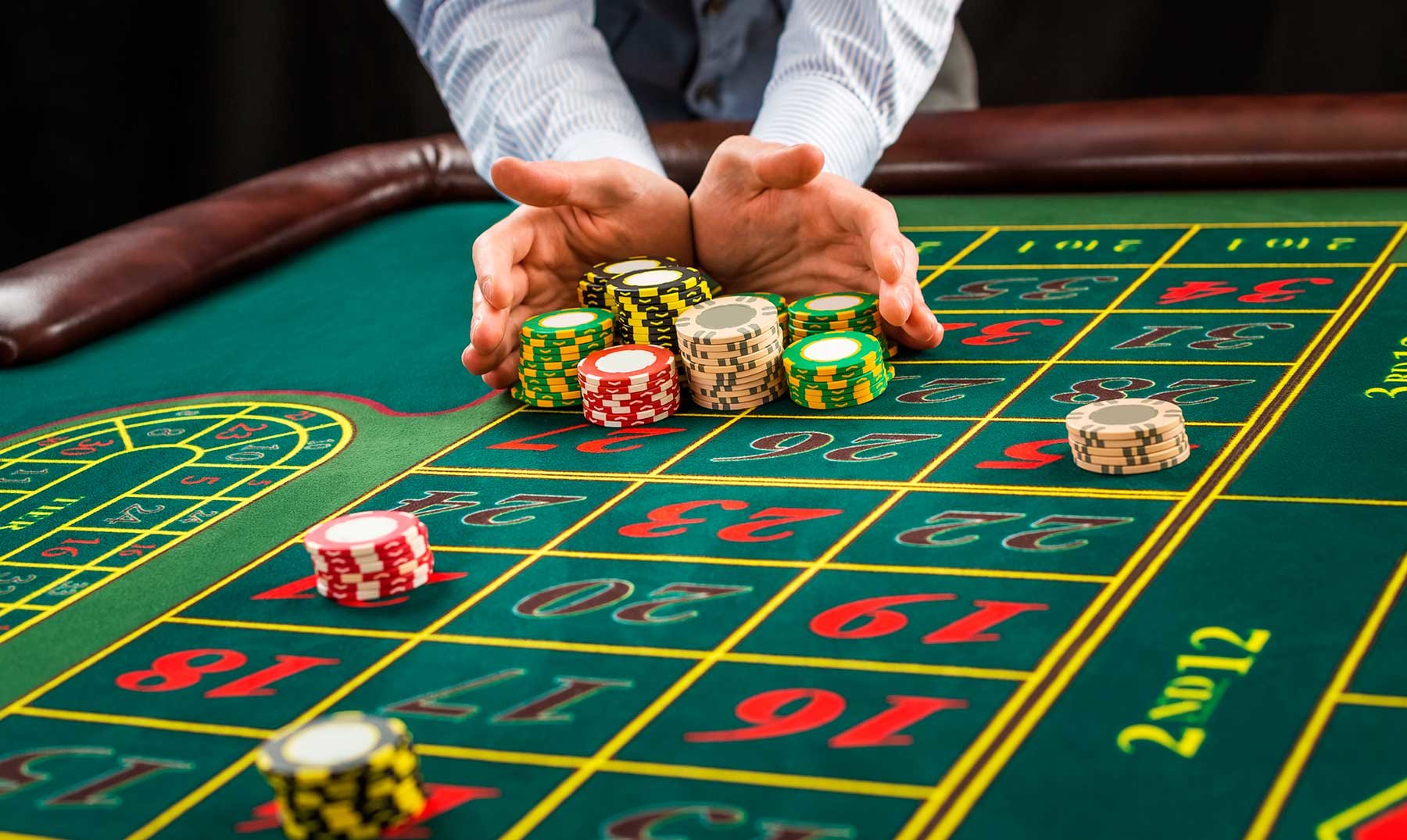
In the lively realm of casinos, where the air buzzes with excitement and the clattering of tokens fills the space, the position of a game dealer is both crucial and captivating. Daily, these experienced professionals step into a world where fortune and strategy converge, leading players through the ups and downs of their selected casino games. From card games like blackjack and texas hold ’em to the spinning wheels of roulette, dealers facilitate the gameplay while guaranteeing that each game runs smoothly and fairly.
As the sun rises on another busy day, a casino dealer prepares to immerse themselves in this vibrant environment. Their responsibilities extend beyond just distributing cards or spinning a wheel; they are also performers, service providers, and guardians of the rules. Each workday brings new obstacles and experiences, making every day unique in the life of a casino dealer. This behind-the-scenes look will examine the day-to-day operations of a casino dealer, highlighting the expertise and experiences that make this career both exciting and fulfilling.
The Role of a Gambling Game Croupier
A gambling game dealer is at the core of the gaming experience, orchestrating the flow of the play while ensuring that players are engaged and entertained. Their main responsibility is to manage the game, which involves distributing cards, rotating the wheel, or managing the chips, depending on the type of game being played. Croupiers must have a thorough understanding of the regulations and regulations governing each type of game, while also maintaining a welcoming and approachable demeanor to improve the gambling atmosphere.
In addition to overseeing the gameplay, dealers must also keep a close watch on the players and the surroundings around the table. This includes monitoring for any indications of cheating, making sure that everyone is adhering to the guidelines, and resolving any conflicts that may arise among players. Strong communication skills are vital, as croupiers often give explanations about the rules and mechanics and offer assistance to those who may be novice to casino games.
Furthermore, a dealer’s role extends past just the technical aspects of the play. They play a crucial part in creating an enjoyable experience for the players. This necessitates building a connection with patrons, being sensitive to their needs, and often injecting an element of fun into the game. It’s this mix of skill, alertness, and interpersonal relationship that makes the role of a gambling game dealer both demanding and fulfilling in the vibrant world of casino games.
Responsibilities and Challenges in Daily Operations
One of the key responsibilities of a casino game dealer is to oversee the multiple games available at their table, making sure a seamless and pleasant experience for players. Dealers must be skilled at dealing cards, managing chips, and maintaining the flow of the game. This necessitates a sharp understanding of the regulations of each game, from blackjack to roulette, and the ability to address players’ questions while maintaining the game moving. Attention to detail is paramount, as dealers must monitor bets, pay out winnings correctly, and watch for any cheating or discrepancies at the table.
In addition to managing the game per se, dealers encounter challenges such as managing difficult players. The casino environment can be tense, particularly during intense games, and a dealer must remain composed and professional at all times. They need strong interpersonal skills to handle interactions with players who may be upset about losses or dissatisfied with the game’s speed. Navigating these situations delicately is essential in creating a friendly atmosphere on the casino floor.
Another major responsibility is upholding the honesty of the game. Dealers must be vigilant and observant, watching for any signs of collusion or cheating among players. This involves not only a strong knowledge of the games but also an awareness of human behavior. They must also follow the casino’s rules and procedures, participating in regular training sessions to stay informed on rules and protocols. Balancing these responsibilities while providing top-notch customer service is what makes the role both challenging and fulfilling for a dealer in a casino.
Skills and Traits for Success
A proficient casino game dealer must have excellent communication skills. This includes not just the ability to explicitly explain game rules and procedures to players but also the capacity to connect with them in a approachable and respectful manner. Fostering rapport with patrons can enhance the gaming experience and encourage repeat visits to the casino. Strong communication enables dealers to manage tables seamlessly while ensuring that players feel appreciated.
Additionally, robust mathematical skills are essential for a dealer. Quick math are often required to follow bets, payouts, and game outcomes in real time. non GamStop casinos A dealer’s ability to perform these math operations accurately and swiftly promotes to the overall efficiency of the game. This skill helps in maintaining the flow of play and in minimizing disputes or misunderstandings with players, which is crucial in a dynamic casino environment.
Lastly, an ideal casino game dealer should show integrity and professionalism at all times. Trust is a crucial component of the gaming experience, and players must feel confident that the games are conducted equitably and openly. A dealer’s dedication to upholding high ethical standards fosters a positive atmosphere at the table and enhances the casino’s reputation. Being consistent in behavior ensures that dealers leave a memorable impression on guests, which can lead to a loyal customer base.
